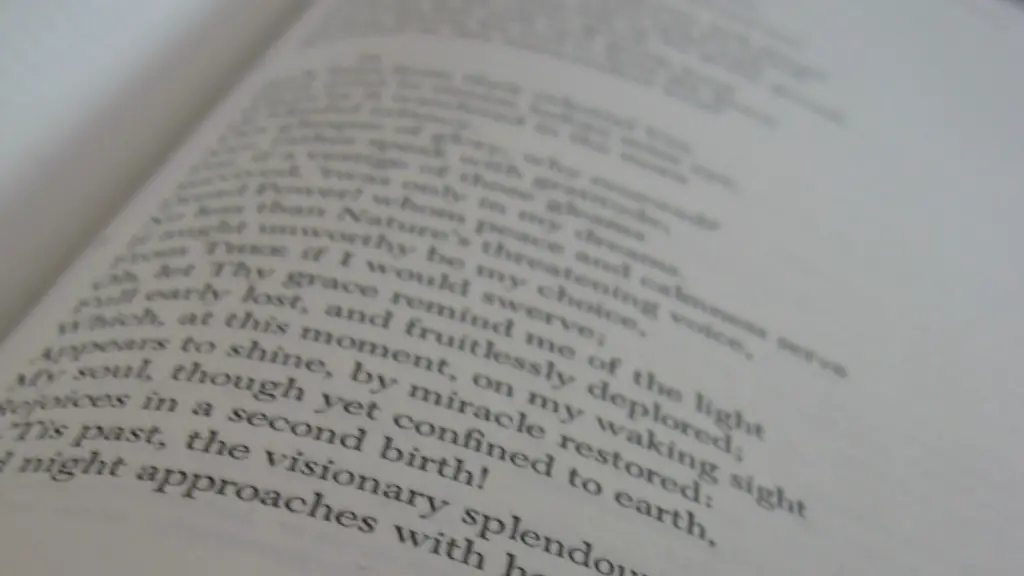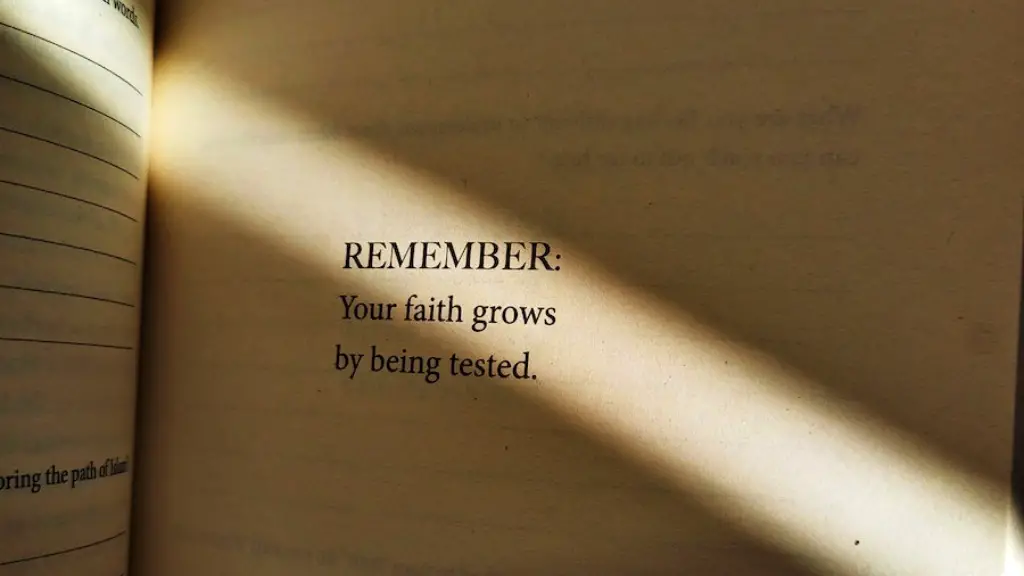-
Free verse poetry is a type of poetry with no set rules on structure or rhythm and rhymes that are up to the poet and their creative process. It can be likened to prose in that it doesn’t need to conform to traditional concepts of poetry. Free verse allows poets to express themselves naturally, without constraints. It has been used by countless poets since the 19th century with distinguished writers such as Walt Whitman and T.S. Eliot.
-
Teaching free verse poetry can challenge both the student and the teacher. There are less “rules” to follow and often students’ minds struggle to comprehend such a creative task. However, with the correct guidance and strategies, teachers can successfully teach free verse poetry to all levels of students.
-
First and foremost, teachers need to explain to the students the meaning of free verse poetry and how it differs from traditional poetry. It’s important to emphasize that although there are no rules when it comes to structure or meter, the choice of words and language are still very important. This will help students understand that although the creativity standard may be lowered, quality and detail must still be maintained.
-
It would be beneficial for teachers to show the class examples of high-quality free verse poetry and identify which aspects make it of a high caliber. Some qualities that can be highlighted are the big and interesting word choices, its ability to evoke emotion within the reader and the creative ways the poet forms stanzas and sentences. Highlighting features like this will make it easier for students to create free verse poetry with confidence and passion.
-
Another important step when teaching free verse poetry is to encourage students to draw on their own life experiences and observations. Free verse allows students to write about any topic they please, adding their own personal touch and insights. Through this practice, a greater connection to their work will be formed and when creating written pieces, confidence will be boosted and originality praised.
Section I
-
Using technology can be very useful in teaching free verse poetry. Teachers can get their classes to create slideshows or videos about the topics of their poems or even create a podcast! By doing this, the students are given a platform to express themselves in new and inventive ways. This can give the students the incentive to go further with creating their free verse poem and possible construct something they’re proud of.
-
When it comes to having students critique each other’s work, it’s also important to ensure that labels such as “good” and “bad” don’t get thrown around in order to maintain a welcoming environment and instill confidence within the group. Teachers should encourage students to pick out elements they liked or found interesting and point out what they might do differently. This way, the creative process is encouraged.
-
Once students understand the concept of free verse poetry and have gotten a feel for how to go about creating their own poem, the challenge is to inspire student creativity. Teachers should provide a variety of class activities to encourage student’s creativity and mentally stimulate them; for example, introducing new objects that can serve as writing prompts or going on an outdoor field trip to observe nature and write about what they experience.
-
Although some students may be apprehensive to create free verse poetry as they don’t have the strict structure of traditional poetry, teachers should demonstrate to their students the freedom of expression they can have and the limitless possibilities that can be created when writing a free verse poem.
-
Through applying the strategies above, teachers can successfully introduce the concept of free verse poetry to their students, helping them to approach the task with confidence and a positive attitude. If done correctly, there’s no telling what kind of work a student can produce!
Section II
-
When teaching free verse poetry, it is extremely important that teachers not overwhelm the students with too much information. It’s important to allow time for the students to understand the concept and their own creative process and this can take time. Teachers should be sure to set aside time for students to independently explore the concept and create their own work where they’re free to experiment and make mistakes.
-
It is also important to note that students should feel free to write in any style they choose. There are no hard and fast rules when it comes to writing free verse poetry, aside from being creative. Students should experiment and make mistakes as they explore the concept of free verse poetry without the fear of being judged or having to write in a certain style.
-
When exploring the topic of free verse poetry, it is important to remember that it encompasses more than just poetry. It is also a form of self-expression and storytelling, so teachers should encourage their students to draw on their own experiences, observations and emotions as they write their pieces. By doing this, the student will form a deeper connection with their work, making it more meaningful and unique to them.
-
It is also essential for teachers to provide feedback to their students on their work. Critique should always be constructive and should focus on the positive aspects of the work. Feedback should also be tailored to the individual, as what works for one student may not work for another.
-
Most importantly, it is important to remember that free verse poetry is something that should be enjoyed! It’s an opportunity for students to express themselves and have fun with their creative process and teachers should ensure that their classes are a safe environment where students are free to express themselves without judgement.
Section III
-
In addition to providing the basic tools for teaching free verse poetry, teachers should also nurture their students’ creativity to bring out their best work. The best way to do this is to give students the freedom to express themselves how they please. Teachers should provide guidance and support as needed, but allow the student to take the lead when it comes to their own creative process.
-
Likewise, teachers should provide their students with positive reinforcement for their efforts. When a student writes a particularly good piece, the teacher should let them know and express what it was that made the piece stand out. When a student expresses themselves authentically, they should be praised for their vulnerability and bravery.
-
Finally, teachers should aim to make the students aware of their areas of strength and weakness with regards to free verse poetry. With this in mind, teachers can tailor the subject to the individual student, acknowledging their strengths and providing support and guidance where they need it. Teachers should also be sure to allocate class time so students have ample opportunity to explore the concept of free verse poetry and to hone and improve their writing skills.
-
By implementing all of the above steps, teachers can give their students an enjoyable and productive learning experience with regards to free verse poetry. With the right guidance and support, students can experience the power of the written word and express themselves authentically, inspiring them to create work that stands out. Through the exploration of free verse poetry, students can find a sense of self-expression and confidence in their own work.
-
By using the strategies outlined in this article, teachers can successfully teach free verse poetry in an engaging and meaningful manner. With time, patience and dedication, they can bring out the creative and expressive side of their students and potentially unlock their inner potential!





